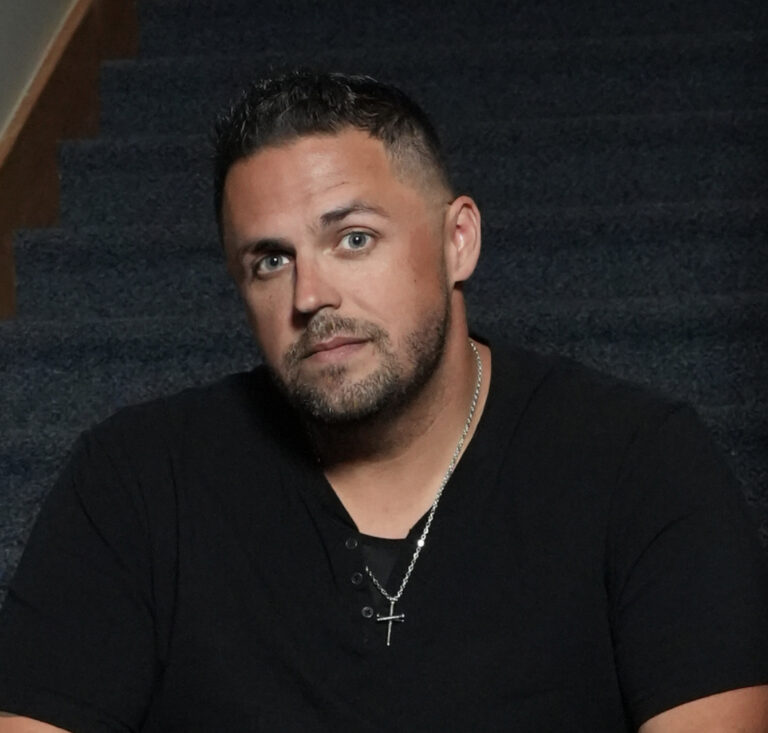What do you do when no one else in the company or the meeting looks like you? We asked entrepreneurs and creatives from across industries and geographies to share their experiences and advice.
Taylor Boone

When I walk into a room as the only woman—or the only out queer person—I’ve learned to turn that isolation into influence. I show up with unwavering confidence and deep preparation, trusting that my unique perspective is exactly what the group needs. Rather than shrinking, I lean in: I listen for the untold gaps, then speak with clarity and heart, knowing my insights carry fresh energy. Over time, I’ve built quiet alliances by investing in curiosity and kindness, so even in a sea of different voices, I’m never truly alone. Standing apart taught me to lead from authenticity—when you dare to be yourself, you invite everyone else to do the same. Read More>>
Tia Myers

From the time I was a child, I’ve always felt like the odd one out. I was used to being the youngest in the room, the quiet one, the one that likes weird stuff, the only person with my skin tone. As I’ve gotten older, I’ve found that these can be strengths instead of letting them feel like unfortunate things I couldn’t change. Being the youngest allowed me the chance to gain wisdom from people who came before me. Being quiet allows me to listen and watch because if you’re the loudest in the room, you probably aren’t learning as much as you could be. Read More>>
DaShawn Glymph

I had to learn early on not too many people have the background or experiences I do whether via race, struggle, creativity, or oppression. Being the best dressed & most well-mannered didn’t mean I would be the most understood or respected. So, I made sure my MINDSET was not only respected, but it could also be translated into almost every room. Especially ones where I’m the only one who looks like me. I learned that being able to translate your thoughts & creativity (for me) is about being open, vulnerable, clear in communication, strong minded, making sure your work ethic is apparent, & most importantly it’s clear I had a disciplined mindset for QUALITY. Read More>>
Brandon Allebach

Having Holt Oram Syndrome, the shortening of arms and missing digits, sure gets noticed in a room. Looking at me, I can’t say it was effective or successful in places like the gym at school or at job interviews – places I probably wasn’t suited for. I overcame that stigma and social challenge when I embraced the arts for a living. Specifically, it happened one day when I walked in a gallery and I could hear the owners talking with customers, saying something about the paint on my clothes. Read More>>
Zach Garrett

Wow, what a question! Because, I often remind myself (bordering dangerously on imposter syndrome) that I am the only one in the room that looks like me. I am a big guy… noticeably big. Not too tall, just big. I take up a lot of space and I am always aware of that. I don’t like crowded rooms because of it. Maybe that’s what started my love for the stage. When I’m the only one up there, I have all the space I need and the people off stage have all the space they need, ha ha! Read More>>










